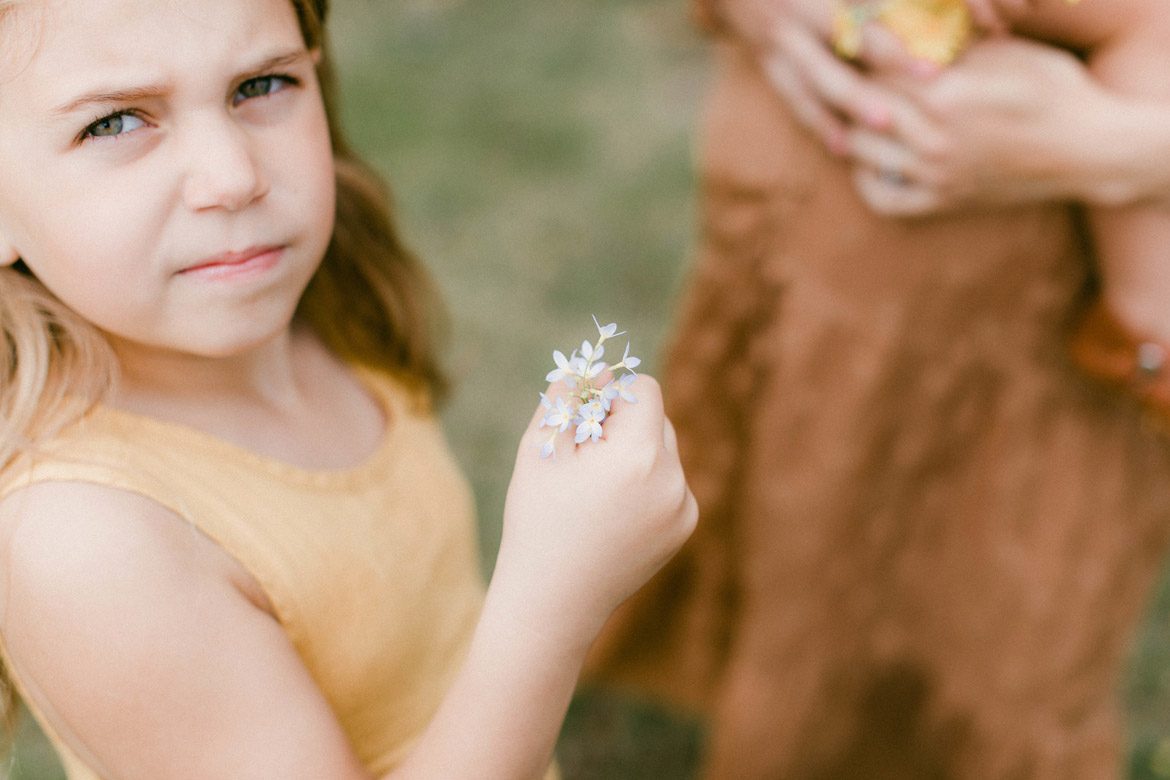By Megan Stonelake
We all bring our own individual strengths to parenthood. For example, my husband is great at planning grand adventures, I’m good at packing the snacks and making sure everyone dresses in layers. (Can you guess who the fun one in that relationship might be?)
Some traits serve us better than others, and we’ve all heard about the ones parents are supposed to have: patience, honesty, compassion, a healthy lifestyle, etc. Of course, I agree with all of these. But out of all the skills and traits we could possibly cultivate, there are five that I think will most help you to be a positive parent.
-
Flexibility
People talk a lot about the importance of consistency in parenting, and I can see why it’s valuable in some regards. But I think flexibility matters a whole lot more.
Say you have big plans for Saturday. You have lots of errands to run, your seven-year-old has a basketball game, and you’re hoping to squeeze in a workout and maybe even a shower. Unfortunately, your baby spent Friday night cutting a new tooth and your toddler has a fever. You’re going to have to reorganize your day.
You knew exactly which school you wanted your kid to attend, and you’re overjoyed when she gets in. But the transition is rough, the teacher isn’t a good fit, and two months in your kid is still struggling. The school wasn’t what you expected, and you’re having second thoughts. Your daughter simply isn’t thriving. It might be time to make a new plan.
We can figure out how our kids operate and what they need only to find that what worked last week is a dud this week. Since our kids are perpetually growing and changing, we must hold our strategies lightly. The only thing that’s constant with kids is that nothing ever really stays the same.
-
Curiosity
I’ll admit it, sometimes I forget this one. I assume I know what’s going on without asking any questions or digging deeper. I think I know what every situation calls for and exactly why my kid is acting out. However, it turns out I’m not actually a mind reader. And when I assume to know what’s happening and what needs to be done about it, I frequently get it wrong.
When a behavior comes up that bewilders me, it always helps when I remember to slow down and be curious. What is he trying to tell me? What is it that he’s NOT saying? What’s going on underneath the surface that I could miss if I were to continue to skim along rather than dig deep? What can I do to more fully understand this little person?
I’ve discovered that at six, my son thinks about concepts like love, death, and altruism. When I leave times for him to reflect and I remember to listen more than I talk, I learn about his thoughts on homelessness, the big bang, and what God is. There’s a whole lot going on in that little mind, and being curious allows me a glimpse inside.
When a behavior comes up that bewilders me, it always helps when I remember to slow down and be curious. What is he trying to tell me? What is it that he’s NOT saying?











